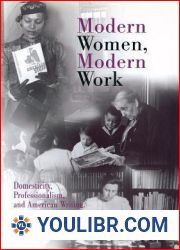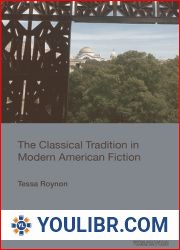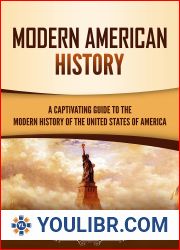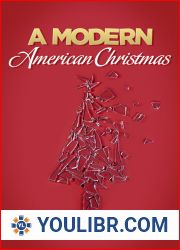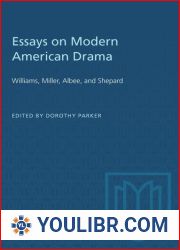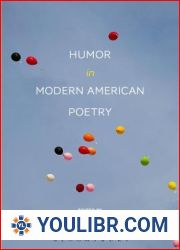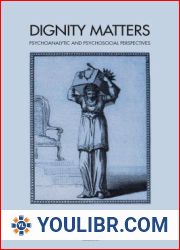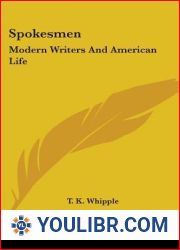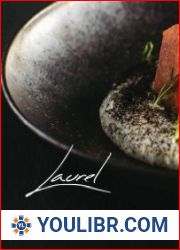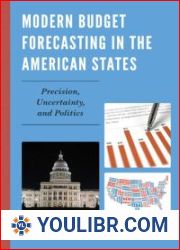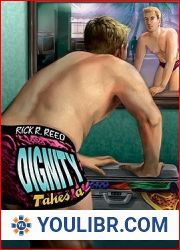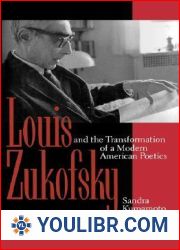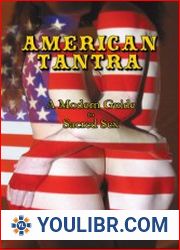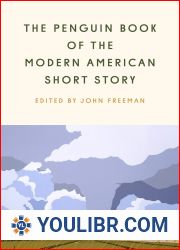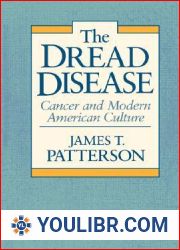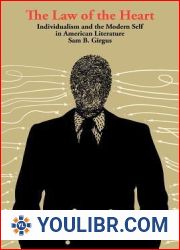
BOOKS - Modern and American Dignity: Who We Are as Persons, and What That Means for O...


US $8.67

501657

501657
Modern and American Dignity: Who We Are as Persons, and What That Means for Our Future (Religion and Contemporary Culture Series)
Author: Peter Augustine Lawler
Year: October 12, 2010
Format: PDF
File size: PDF 9.3 MB
Language: English
Year: October 12, 2010
Format: PDF
File size: PDF 9.3 MB
Language: English
"Lawler proves himself again one of liberal democracy's most perceptive friendly critics. . . . Lawler ranges widely - drawing on Socrates, Tocqueville, Solzhenitsyn, and Benedict XVI, among others - to explore the disturbing challenge modern liberalism poses to human dignity." - First Things "Written with grace, wit, and irrepressible self-assurance, [ Modern and American Dignity ] explores the moral, philosophical, and religious sources of human dignity. . . . Lawler argues that human rights and choices must rest on human dignity, and that dignity requires ontology - a concept of a person as a whole being - at odds with both neo-Darwinian sociobiology and Enlightenment individualism. . . . Recommended." - Choice "Lawler's study excels at introducing critical themes in the discussion of what it means to be human . . . One of the most intellectually stimulating studies I've read in a long time. . . . Lawler is brilliant in his analysis. . . . The separate points of each chapter rise to the level of seminal insights. And in the end, like all profitable lines of thought once properly balanced, they form a very satisfying They converge." - Dr. Jeff Mirus, CatholicCulture.org "As go the souls of individual Americans will go the future of our country. . . . Peter Lawler's book should be studied so that we too can be open to the truth about ourselves and our country." - University Bookman "A lively and illuminating book . . . Lawler's wide learning is never merely academic, but always at the service of understanding the human soul, and the political predicament of late modern man. . . . This is a book that allows us to think realistically about personal virtue." - Journal of Markets and Morality "Puts Mr. Lawler firmly in the rank of generally Christian and usually progressive-conservative thinkers identified by Russell Kirk as contributing to the uniquely Anglospheric form of the Conservative Mind. He is a real joy to read. . . . A+." - BrothersJudd.com Winner of "Author of the Year Award for Essay" from the Georgia Writers Association An Indispensable Guide to Our Most Pressing Moral and Political Debates The horrors of the twentieth century exposed the insufficiency of speaking of human rights . In intending to extinguish whole classes of human beings, the Nazis and Communists did something much worse than violating rights; they aimed to reduce us all to less than who we really are. As political philosopher Peter Augustine Lawler shows in this illuminating book, rights are insecure without some deeper notion of human dignity . The threats to human dignity remain potent today - all the more so for being less obvious. Our anxious and aging society has embraced advances in science, technology, and especially biotechnology - from abortion and embryonic stem-cell research to psychopharmacology, cosmetic surgery and neurology, genetic manipulation, and the detachment of sex from reproduction. But such technical advances can come at the expense of our natural and creaturely dignity, of what we display when we know who we are and what we're supposed to do. Our lives will only become more miserably confused if we cannot speak confidently about human dignity. In Modern and American Dignity, Lawler, who served on President George W. Bush's Council on Bioethics, reveals the intellectual and cultural trends that threaten our confidence in human dignity. The "modern" view of dignity, as he calls it, denies what's good about who we are by nature, understanding human dignity to mean moral autonomy (freedom from nature) or productivity (asserting our mastery over nature by devising ingenious transformations). This new understanding of dignity stands at odds with the "American" view, which depends on the self-evidence of the truth that we are all created equally unique and irreplaceable. The American view, which is indebted to classical, Christian, and modern sources, understands that free persons are more than merely autonomous or productive beings - or, for that matter, clever chimps. It sees what's good in our personal freedom and our technical mastery over nature, but only in balance with the rest of what makes us whole persons - our dignified performance of our "relational" duties as familial, political, and religious beings. Modern and American Dignity explores these topics with wit and elegance. To make sense of contemporary political and moral debates, Lawler draws on a wide range of thinkers - from Socrates to Solzhenitsyn, from Tocqueville to Chesterton, from John Courtney Murray to our philosopher-pope Benedict XVI. In revealing the full dimensions of these debates, he exposes the emptiness of glib pronouncements - such as President Obama's - that our bioethical conflicts can be resolved by a consensus of scientific experts. As the experience of the Bush Bioethics Council demonstrated, there is no scientific consensus about who a human being is. Lawler has provided an indispensable guide to today's complex political, bioethical, and cultural debates.










